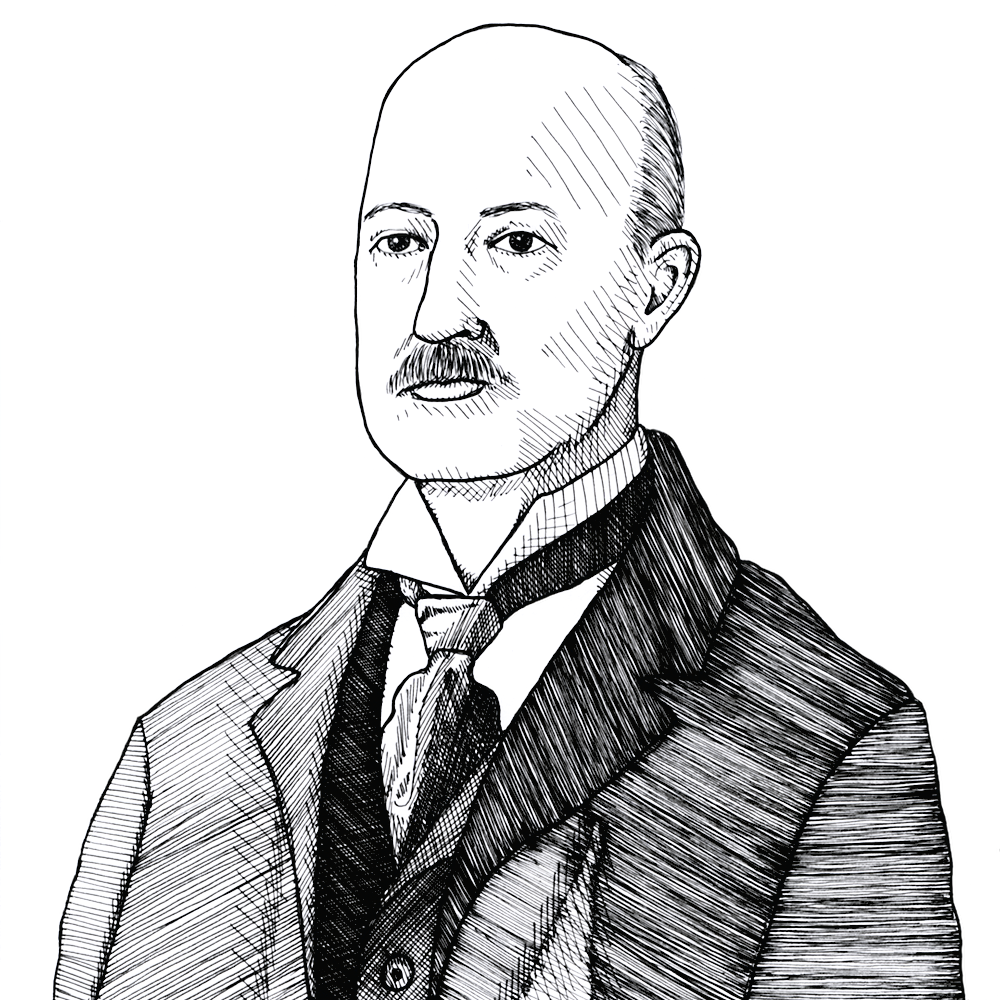
William Graham Sumner on how “society” helps the drunkard in the gutter (1883)
Found in: The Forgotten Man and Other Essays (corrected edition)
The American sociologist William Graham Sumner (1840-1910) observed that when the state uses tax money to help someone who is down and out on their luck it is ultimately paid for by “the forgotten man”:
Food & Drink
When you see a drunkard in the gutter, you are disgusted, but you pity him. When a policeman comes and picks him up you are satisfied. You say that “society” has interfered to save the drunkard from perishing. Society is a fine word, and it saves us the trouble of thinking to say that society acts. The truth is that the policeman is paid by somebody, and when we talk about society we forget who it is that pays. It is the Forgotten Man again. It is the industrious workman going home from a hard day’s work, whom you pass without noticing, who is mulcted of a percentage of his day’s earnings to hire a policeman to save the drunkard from himself. All the public expenditure to prevent vice has the same effect.